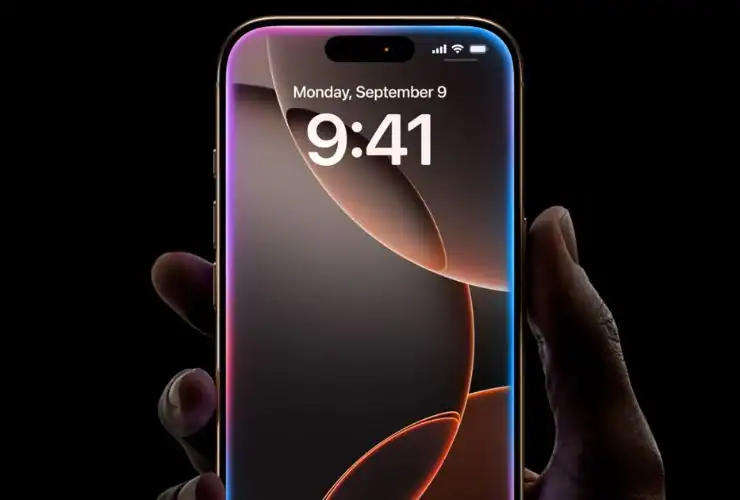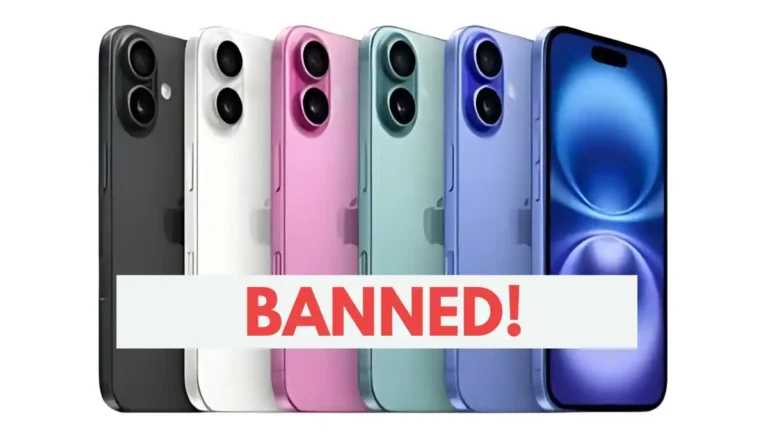The decision of the Indonesian government to ban the use of iPhone 16 has created confusion among the locals and travellers planning to visit the country. According to the country’s Industry minister Kartasasmita, the iPhone 16 does not have an IMEI certification in the country and the use, purchase, and import of the device will be considered illegal.
If you are an iPhone 16 user who plans to visit Indonesia, we have some suggestions to avoid confusion and stay connected throughout your visit.
- Carry a Backup Device: Consider bringing an older iPhone model or a different phone that is compliant with Indonesian regulations
- Avoid Bringing the iPhone 16 if possible: Try leaving your iPhone 16 at home. Carrying the iPhone 16 may cause legal complications till the ban is lifted.
- Prepare for Connectivity: Explore the local connectivity options. The visitors can purchase local SIM cards or Wi-Fi devices that are easily available at airports or local destinations to ensure connectivity.
- Check Local Regulations: Before the journey, ensure that you are familiar with the local laws and regulations and updates on the ban.
- Contact your tour operator/guide: Be connected with your tour operator or your local guide who will have good knowledge about the restriction.
So, Can Travellers Bring iPhone 16 Into Indonesia?
Well, domestic sales and use of the latest iPhone are banned in Indonesia. But international tourists can carry up to two iPhone 16s while visiting the country- said a source. There is, however, no guarantee that it would function normally or as expected inside the national borders. But yes, that answers the question.
iPhone Ban Indonesia: The Story Behind It

Indonesia’s ban on the iPhone 16 has come as a surprise to consumers and industry insiders alike. Announced by Industry Minister Agus Gumiwang Kartasasmita, the ruling categorizes the iPhone 16 as an illegal device within the country, urging citizens to report any use it. The move appears to be a direct response to Apple’s delay in fulfilling its investment commitments to Indonesia.
Apple initially promised an investment of 1.71 trillion Rupiah to develop local manufacturing and establish an “Apple Academy” in Indonesia but has so far invested only about 1.48 trillion Rupiah, leaving a notable shortfall. This financial gap and the lack of TKDN certification—requiring that 40% of the device’s components be locally sourced—have led to the strict ban.
For consumers, the ban means that purchasing or using the iPhone 16 in Indonesia could lead to confiscation or other penalties. Local authorities are also encouraging travellers planning to visit Indonesia to bring an alternative device, as their iPhone 16s might not function or could be restricted upon entry.
The ban could impact Apple’s relationship with the Indonesian government as discussions about local production facilities and investment commitments continue.










